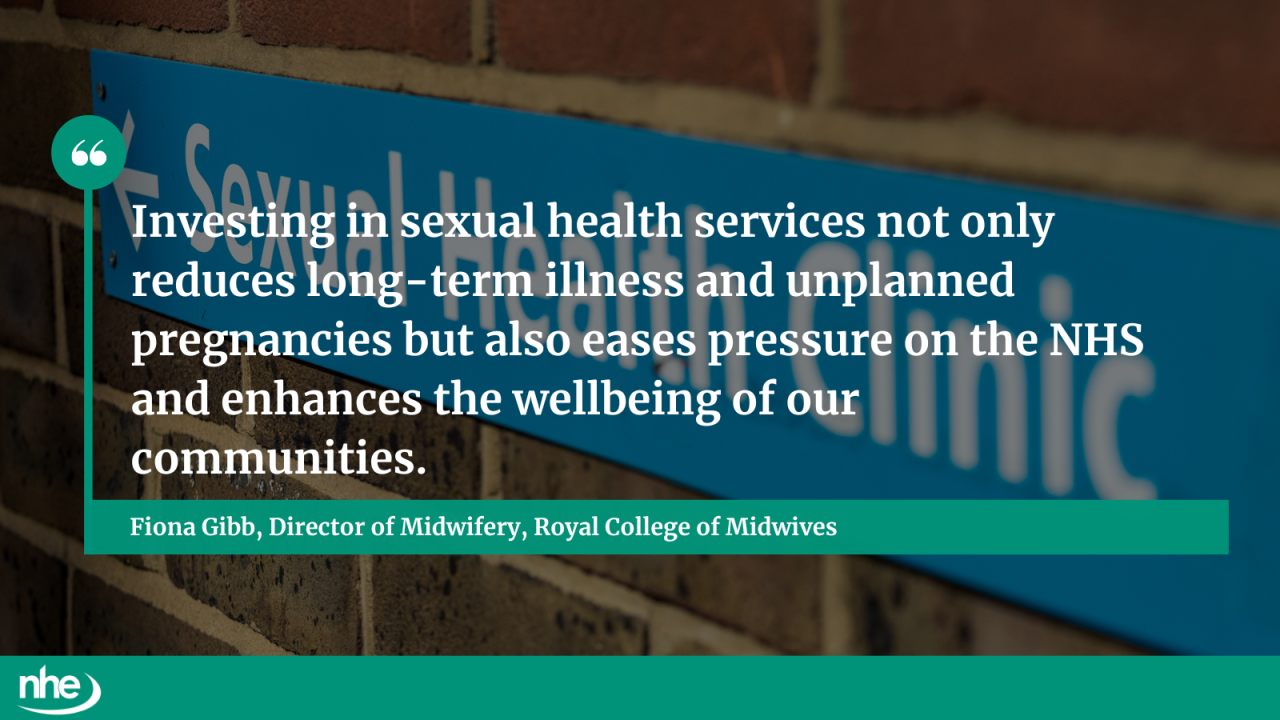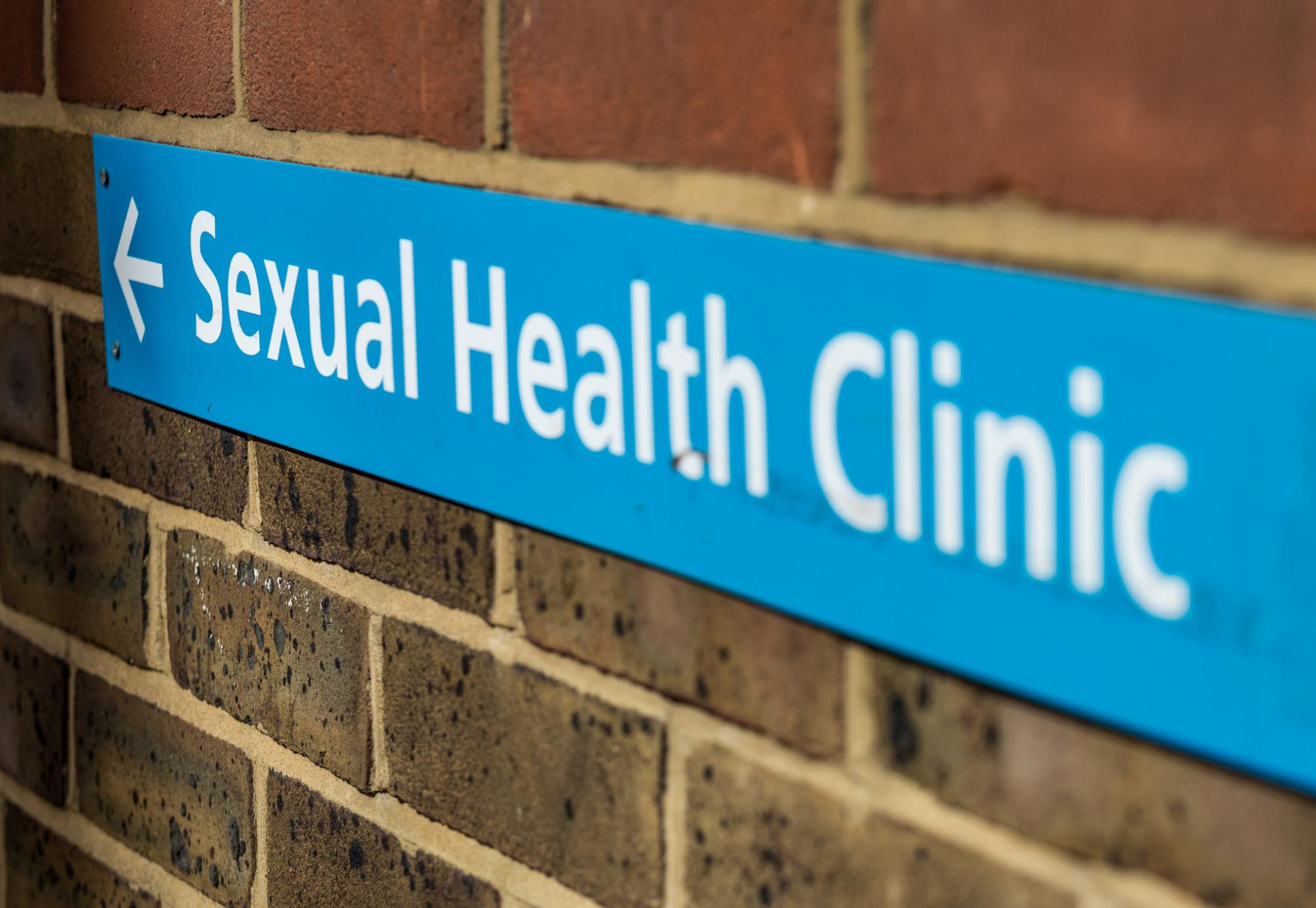Sexual health services in England are facing unprecedented pressure, with new figures from the UK Health Security Agency revealing a record 4.5 million consultations in 2024—up from 2.9 million in 2013.
The surge in demand has prompted urgent calls from local councils for a long-term national sexual health strategy.
The Local Government Association, which represents councils responsible for commissioning sexual health services, has warned that the current system is struggling to cope. Without immediate action, patients could face longer waits and reduced access to vital care.
The dramatic rise in consultations reflects growing public awareness and need for sexual health support, but also highlights the strain on already stretched services. Councils say that without sustainable funding and strategic planning, the system risks becoming overwhelmed.
Chairman of the LGA’s Community Wellbeing Board, Cllr David Fothergill, said:
“These statistics show that local sexual health services are grappling with significant increases in demand.
“Without adequate investment, people will face growing barriers to accessing expert, timely care.
“The Government must use next week’s Spending Review to boost funding for sexual health services in line with this sharp rise in need.
“Councils have worked hard to promote regular testing and early detection, which are vital for preventing the spread of infections and improving public health outcomes.
“Investing in sexual health services not only reduces long-term illness and unplanned pregnancies but also eases pressure on the NHS and enhances the wellbeing of our communities.”

The LGA is urging the government to develop a national sexual health strategy that addresses:
- Rising rates of sexually transmitted infections (STIs)
- Sustainable long-term funding for local services
- Improved access to timely testing, treatment, and prevention
- Workforce planning to ensure sufficient staffing levels
The call comes amid growing concern that without coordinated national leadership, local services will continue to struggle, putting public health at risk.
Image credit: iStock



















